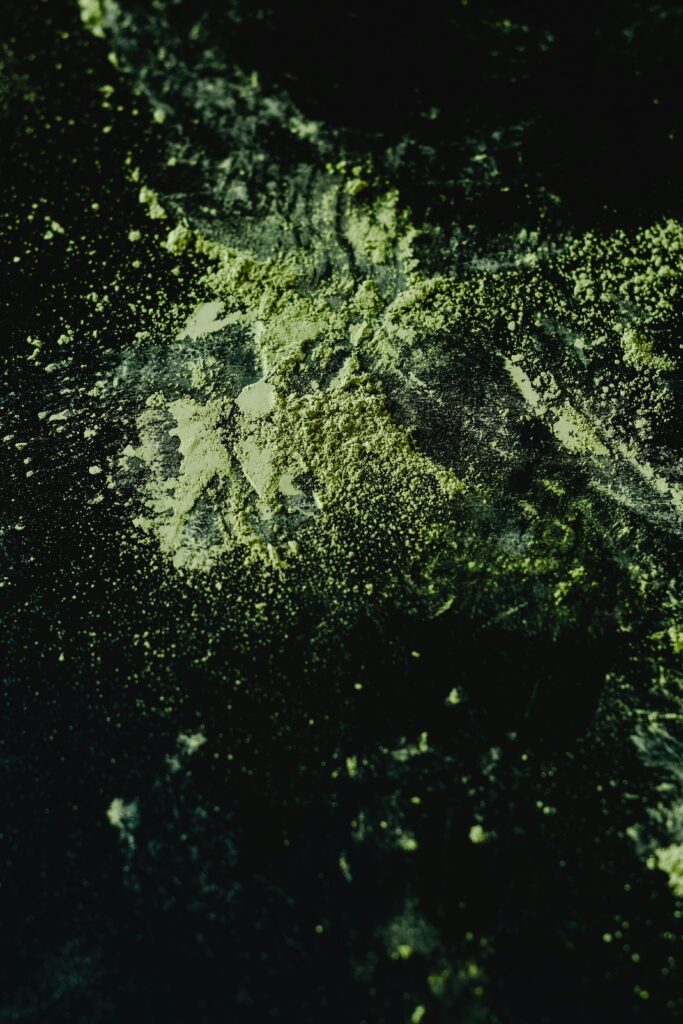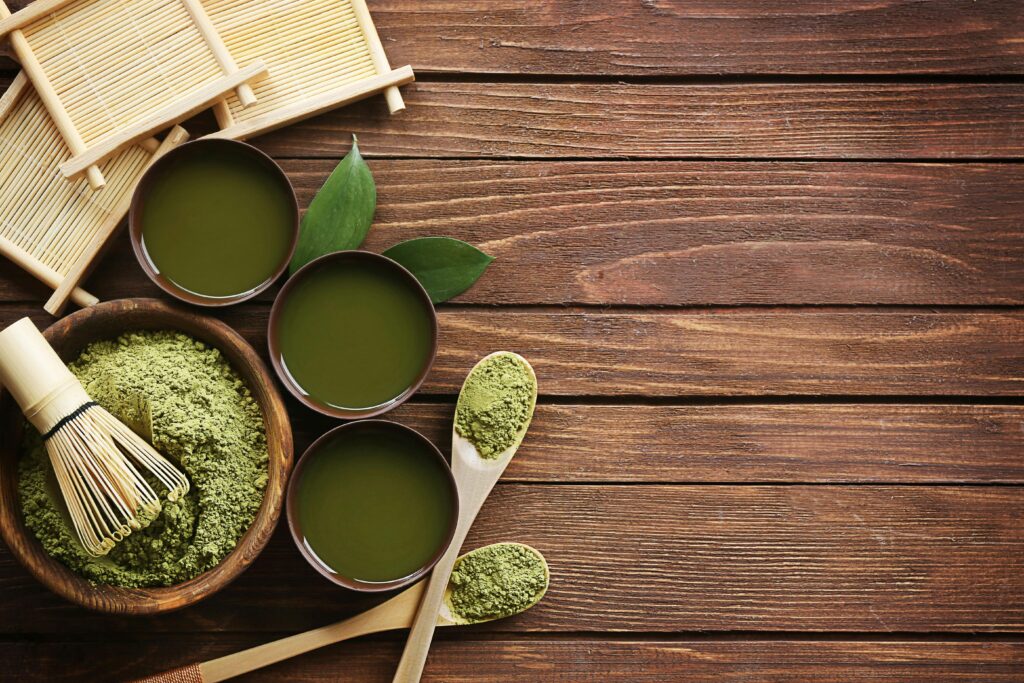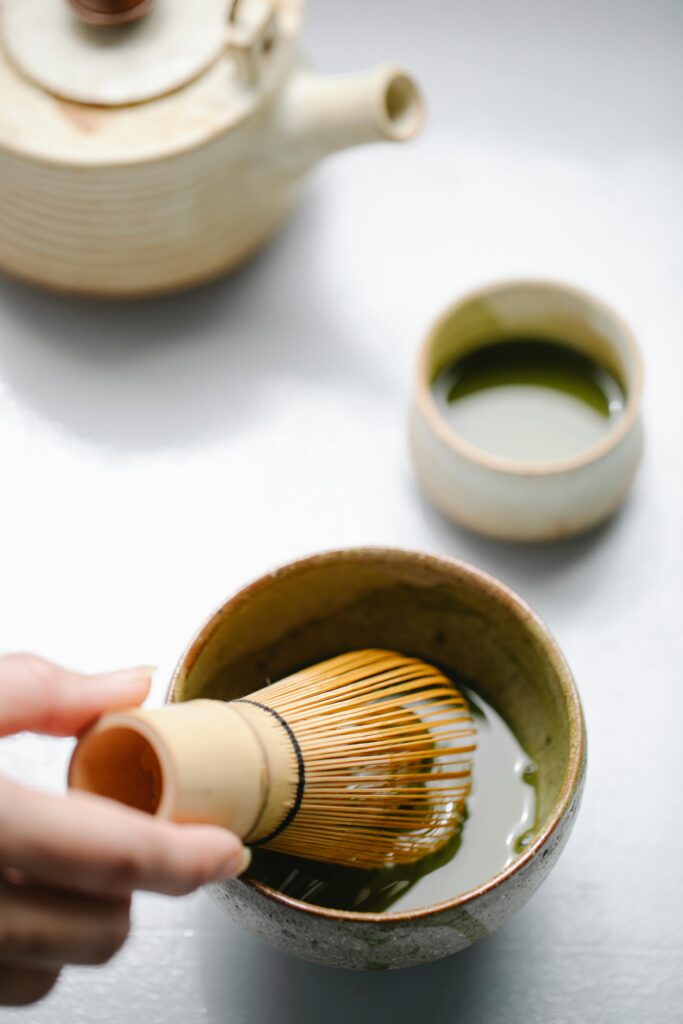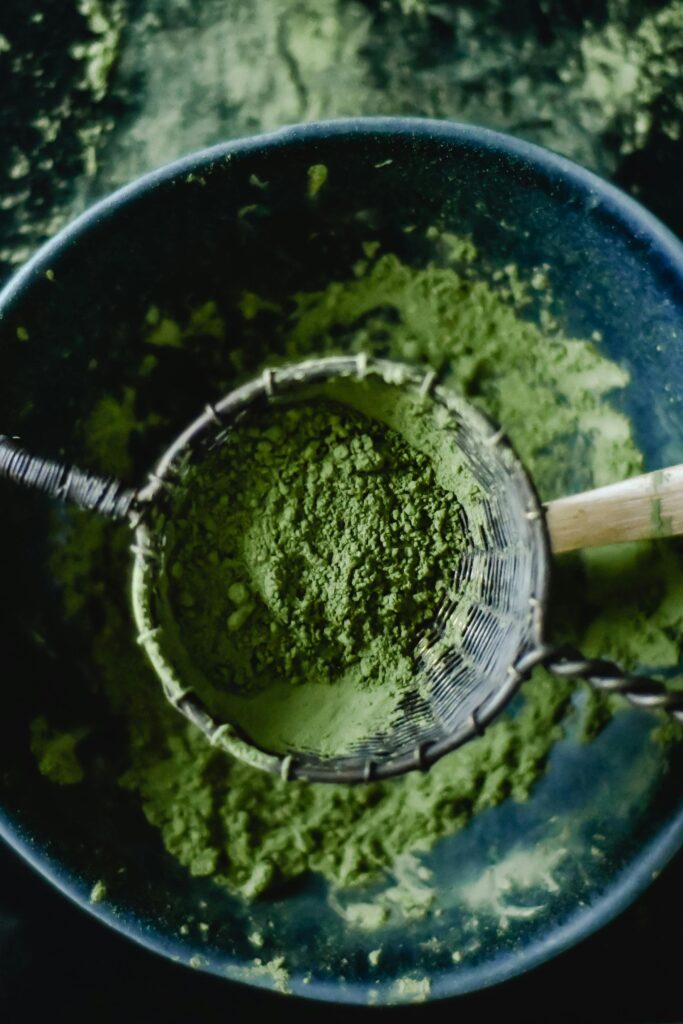Definition of moq in the matcha glossary

Defining MOQ in Matcha Purchasing
MOQ stands for Minimum Order Quantity, representing the smallest amount of matcha a supplier will sell in a single transaction. This term primarily affects wholesale buyers, including cafes, retailers, and brands sourcing matcha for resale or commercial use. Understanding MOQ requirements helps businesses plan inventory investments and identify suitable suppliers for their scale.
MOQ serves multiple purposes for matcha suppliers. It ensures orders meet profitability thresholds after accounting for packaging, shipping, and administrative costs. For direct-from-Japan suppliers, MOQ offsets international shipping expenses and customs processing. Domestic distributors typically maintain lower MOQs since they eliminate import logistics for individual buyers.
How MOQ Is Measured
Matcha suppliers express MOQ requirements in three primary formats. Weight-based MOQs specify minimum kilograms or grams, such as 500g, 1kg, or 10kg per order. Unit-based MOQs require minimum product quantities, like 20 retail packages or 2 cases. Value-based MOQs establish minimum purchase amounts, such as $2000 total order value.
Some suppliers combine multiple MOQ types. A distributor might require both 10kg minimum per tea variety and $2000 minimum order value, whichever threshold applies first.
Typical MOQ Ranges Across Supplier Types
Direct-from-Japan suppliers generally maintain higher MOQs due to international logistics. Case-based minimums of 2-4 cases per order are common, with each case containing 20-30 individual pouches. This structure reflects efficient container packing and reduces per-unit shipping costs.
Domestic wholesale distributors offer more accessible entry points for smaller businesses:
- Bulk culinary matcha starting at 500g-1kg minimum
- Retail packaged products with 20-unit minimums
- Premium Ceremonial grades requiring 2-case minimums (typically 40-60 pouches total)
- Some suppliers waiving MOQ for bulk orders above certain weights
Specialty suppliers catering to small businesses deliberately maintain low MOQs. These distributors recognize that cafes and boutique retailers need flexibility when testing new products or managing limited storage space.
MOQ Variations by Matcha Grade
Ceremonial grade matcha typically carries higher MOQs than culinary grades. Premium quality commands higher prices per unit, and suppliers often package ceremonial matcha in smaller retail sizes (20g-30g tins) sold by the case. A 2-case minimum of 30g pouches totals only 1.2kg but represents significant investment due to premium pricing.
Culinary grade matcha offers more flexible MOQ options. Bulk packaging in 500g or 1kg quantities suits cafes preparing matcha lattes and food businesses incorporating matcha into recipes. Lower per-gram costs make higher-volume minimums more accessible financially.
MOQ Impact on Different Buyer Types
Small cafes and startups face the greatest MOQ challenges. A 10kg minimum order represents substantial upfront capital and storage requirements. Matcha’s shelf life of 3-6 months after opening means excessive inventory risks quality degradation before use.
Established retailers and larger cafes typically meet standard MOQs comfortably. Their sales volume justifies bulk purchasing, and they benefit from lower per-unit costs associated with wholesale pricing. These buyers often negotiate directly with Japanese suppliers for optimal pricing.
Individual consumers rarely encounter MOQ requirements. Retail channels exist specifically to break bulk quantities into consumer-friendly sizes. However, enthusiasts seeking specific Japanese estate matchas sometimes navigate wholesale MOQs by forming buying cooperatives.
Strategies for Managing MOQ Requirements
Several approaches help smaller buyers work within MOQ constraints:
- Start with domestic distributors offering 500g-1kg minimums rather than direct imports requiring 10kg+
- Mix multiple products to meet order value minimums while diversifying inventory
- Form purchasing cooperatives with other small businesses to split bulk orders
- Negotiate payment terms that spread MOQ costs across multiple shipments
- Focus on one grade initially to concentrate purchasing power rather than spreading across multiple varieties
MOQ and the Best Matcha Marketplace
Platforms like Best Matcha help buyers navigate MOQ complexity by centralizing information from multiple suppliers. Comparing MOQ requirements alongside pricing, grades, and supplier locations enables informed sourcing decisions. Brands can identify which suppliers match their scale and budget constraints.
The marketplace model particularly benefits small businesses exploring matcha offerings. Instead of contacting dozens of suppliers individually to learn MOQ policies, buyers access consolidated information for efficient comparison. This transparency helps emerging cafes and retailers enter the matcha market with appropriate supplier partnerships.
MOQ Trends and Future Outlook
The matcha industry shows gradual movement toward more accessible MOQs. Growing competition among suppliers and increased Western demand encourage flexibility. Some wholesalers now offer “starter programs” with reduced first-order minimums, recognizing that supporting small buyers builds long-term relationships.
Direct-to-consumer brands entering wholesale channels often maintain lower MOQs than traditional importers. These companies leverage existing retail infrastructure and customer bases, viewing wholesale as complementary rather than primary revenue.
Key Considerations When Evaluating MOQ
Beyond the minimum quantity itself, several factors determine whether an MOQ suits your needs. Calculate total investment by multiplying MOQ by per-unit cost, then assess whether your cash flow supports this upfront expense. Consider storage capacity—bulk matcha requires cool, dark, airtight conditions to maintain quality.
Evaluate usage rate realistically. A cafe serving 20 matcha drinks daily consumes approximately 2kg monthly (assuming 2g per serving). A 10kg MOQ represents five months’ inventory, approaching matcha’s freshness limits. Compare multiple suppliers’ MOQ structures to find the best fit:
| Supplier Type | MOQ | Investment | Months Supply |
|---|---|---|---|
| Direct Japan Import | 10kg | $800-1200 | 5 months |
| Domestic Distributor | 2kg | $200-300 | 1 month |
| Small Business Wholesaler | 500g | $60-90 | 1 week |
Making MOQ Work for Your Business
Understanding MOQ requirements represents essential knowledge for anyone purchasing matcha beyond retail quantities. While minimums may initially seem restrictive, they reflect legitimate business considerations around profitability and logistics. The key lies in matching your scale and needs with appropriate suppliers.
Start conservatively with lower-MOQ domestic suppliers when entering the matcha market. As your volume grows and you identify best-selling varieties, transition to direct import relationships offering better per-unit economics despite higher minimums. This progressive approach manages risk while building toward optimal sourcing.
Remember that MOQ is negotiable in many cases. Suppliers value reliable, repeat customers and may adjust minimums for buyers demonstrating consistent ordering patterns. Building relationships with transparency about your needs and growth trajectory often yields flexible terms that standard policies don’t reflect.
Frequently asked questions
We’re here to help with all your questions and answers in one place. Can’t find what you’re looking for? Reach out to our support team directly.
What does MOQ mean in matcha?
MOQ stands for Minimum Order Quantity, which is the smallest volume of matcha products that a supplier, brand, or manufacturer requires a buyer to purchase in a single order. This requirement is common in matcha wholesale, bulk sourcing, and private label manufacturing to ensure cost-effectiveness in production, packaging, and shipping logistics.
Why do matcha vendors set minimum order quantities?
Matcha vendors establish MOQ requirements for several strategic business reasons:
- Optimize production costs and ensure manufacturing runs are economically viable
- Manage raw material procurement efficiently and reduce waste
- Minimize inventory holding costs and streamline logistics operations
- Secure steady cash flow and reduce administrative overhead
- Ensure buyer commitment, particularly in private label arrangements
These requirements help vendors maintain quality while keeping prices competitive.
How does MOQ affect matcha pricing?
MOQ directly impacts pricing through economies of scale. Larger minimum order quantities typically reduce the price per unit because production, packaging, and shipping costs are distributed across more product. Conversely, smaller MOQs often carry higher per-unit costs due to increased production complexity and overhead. Additional factors include matcha grade (ceremonial versus culinary), organic certifications, custom packaging requirements, and shipping distances.
What are typical MOQ amounts for different matcha products?
MOQ quantities vary significantly based on matcha grade and intended use:
- Ceremonial Grade Matcha: MOQs can start as low as 1 kg, making them accessible for small businesses testing premium products
- Culinary Grade Matcha: Higher MOQs of 5-10 kg or more are common due to bulk usage in cafes, restaurants, and food manufacturing
- Private Label Matcha: Testing quantities may start at 1-5 kg, with higher MOQs required for full production runs
- Wholesale Matcha: Ranges from 1 kg for premium grades to larger quantities for everyday use grades
Can buyers negotiate MOQ requirements with matcha suppliers?
Yes, buyers have several strategies to work with or negotiate MOQ requirements. Requesting flexible MOQ options or split orders over time can reduce initial investment. Buyers can partner with other businesses to share MOQ quantities and costs, or negotiate based on order frequency and long-term commitment. Building strong supplier relationships often leads to better terms, especially for repeat customers. Some suppliers offer tiered MOQ policies for different product lines or may reduce requirements during off-peak seasons. Discussing alternative packaging or material options can also help lower minimum order thresholds.
Where does MOQ matter most when buying matcha?
MOQ requirements are most relevant in three key matcha purchasing scenarios: wholesale sourcing for retail resale, private label manufacturing where custom branding is involved, and bulk purchasing for commercial operations like cafes or restaurants. Individual consumers buying matcha for personal use typically don’t encounter MOQ requirements, as retail products are sold in standard package sizes. However, anyone looking to source matcha directly from manufacturers, create their own branded matcha products, or purchase in bulk for business purposes will need to understand and meet supplier MOQ thresholds.
Discussion: Definition of moq in the matcha glossary







